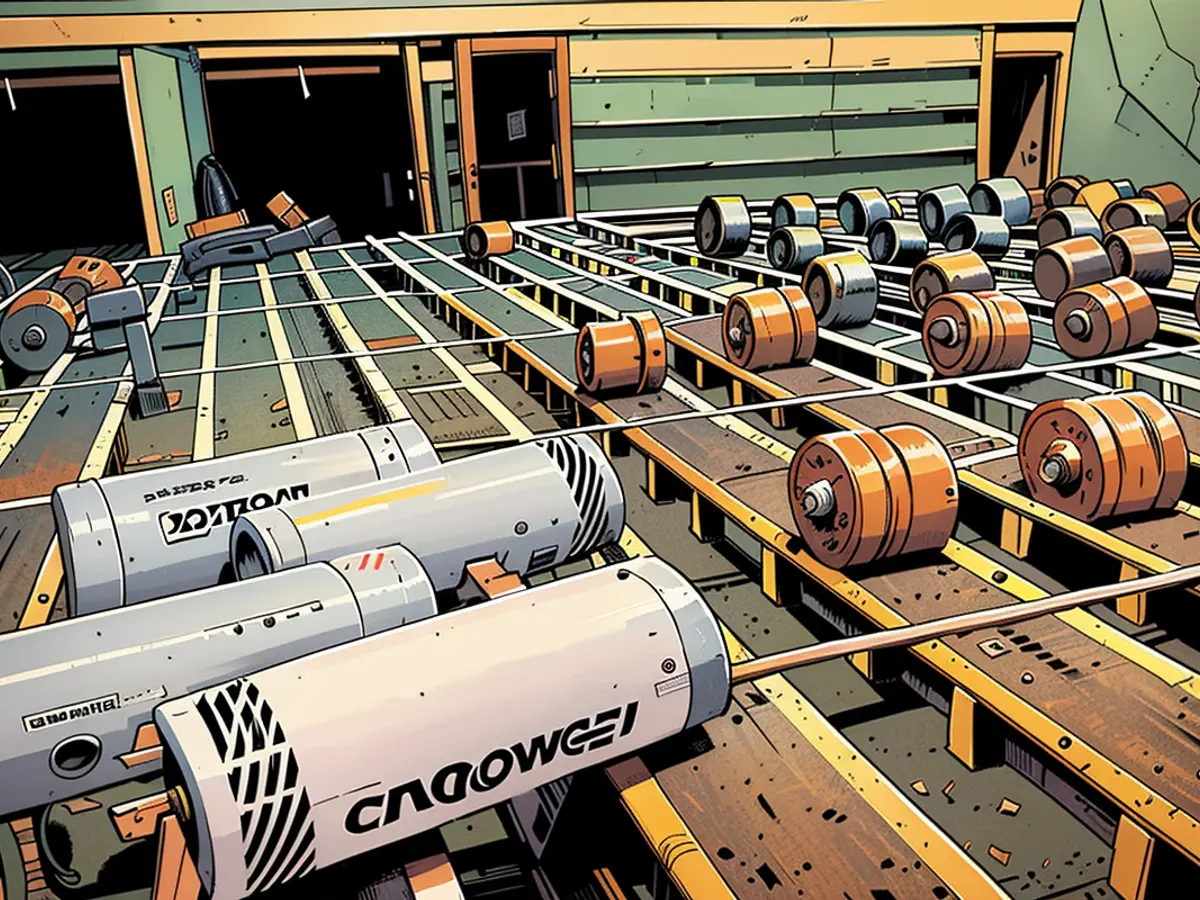Sector Grieves over Fading Aspirations for 2045 Climate Goal
Germany's government targets climate neutrality by 2045, but experts raise concerns about the building sector'sCapacity to meet this goal given the current conditions. A study by Munich consultancy firm S&B Strategy reveals a big skills gap in the industry, resulting in a serious shortage of skilled craftsmen to carry out energy renovation projects. "We just don't have enough of the right people to take on large-scale refurbishment jobs," said Fabio Meggle, study manager and co-author.
Germany is taking a two-pronged strategy to lower greenhouse gas emissions, emphasizing both the electrification of heating through heat pumps and cutting energy consumption through building insulation. However, Christoph Blepp, S&B's Managing Partner, points out that "we're a long way off reaching our refurbishment goals by 2045, especially when it comes to roofs and facades."
Experts predict the investment needed to achieve climate neutrality in the building sector by 2045 will amount to around 1.2 billion Euros, focusing on key areas like heating, windows, roofs, and facades. There are reportedly 15.7 million energy-poor buildings in Germany yet to be or inadequately renovated since construction. Moreover, about 1.7 million pre-2001 non-residential buildings are thought to require refurbishment.
Suppliers are scrambling for solutions
Finding more workers in the short term proves challenging - on the contrary: In the coming years, many experienced craftsmen will be retiring, and there won't be enough young talent to fill their shoes. Boosting productivity through prefabrication, modular construction, new business models, and efficient processes serves as a vital lever for progress. Countless building suppliers are developing solutions that substantially decrease the time needed for heating system or facade installations, according to Meggle. In addition, simplifying regulations and norms is essential.
S&B Strategy specializes in advising entrepreneurs and investors within the real estate and infrastructure sectors. For the study, data from the Federal Environmental Agency, the Federal Institute for Building, Urban and Spatial Research, the German Energy Agency, and S&B's own data collection were used.
Read also:
The increasing heating costs associated with refurbishing buildings pose a challenge for the construction industry in achieving climate neutrality by 2045. Given the projected shortage of skilled labor in the industry, investments in strategies like prefabrication and modular construction become crucial to meet refurbishment goals efficiently.








